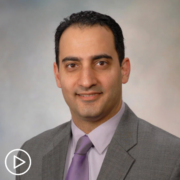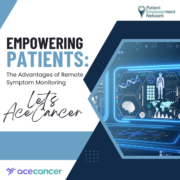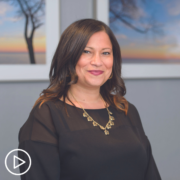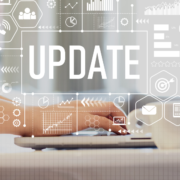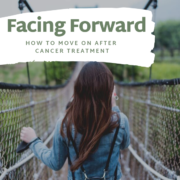Dr. Sikander Ailawadhi: Why Is It Important for You to Empower Patients?
Dr. Sikander Ailawadhi: Why Is It Important for You to Empower Patients? from Patient Empowerment Network on Vimeo.
How can healthcare providers empower patients? Expert Dr. Sikander Ailawadhi from the Mayo Clinic explains the mindset and approach he takes to patient empowerment and questions that he asks patients to put them in better control of their care.
See More from Empowering Providers to Empower Patients (EPEP)
Related Resources:

|
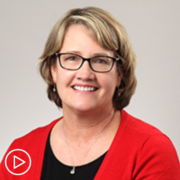
Charise Gleason: Why Is It Important for You to Empower Patients? |
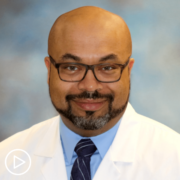
Dr. Craig Cole: Why Is It Important for You to Empower Patients? |
Transcript:
Dr. Sikander Ailawadhi:
Patient empowerment is an extremely important aspect of how we deliver healthcare and how our patients consume healthcare. Let’s take a step back and think about it this way. A patient was diagnosed with cancer. This is not what they were expecting. This is not what their families, their loved ones, anybody was expecting. It throws a wrench in their life plans, and suddenly they have lost control, not over their health, in a lot of cases, even over their lives, over their families, their jobs, everything. What can we do to empower our patients and make them feel in control?
A statement that is very frequently used by a lot of people, frankly, is, well, the patients need to be their own advocates. Yeah, but I really strongly feel if a patient does not even know what to ask, how are they going to ask the right question? How do they know what is the right question to even put up to the clinician? So in my opinion, the biggest thing, in fact, in some ways, even the least thing I can do to empower my patients is to educate them, is to make them aware about the disease, about the treatment, both the benefits and the side effects, about long-term outcomes.
I do offer to my patients, for example, “Are you interested in knowing about prognosis?” Some patients don’t want to hear about it, but some were afraid to ask. If they know what they have to expect, they are able to plan better. They are able to get in control better. So for me, the number one way of empowering the patient is spending time with them, educating them, making them aware about their disease, about their treatment, and about the long-term expectations of living their life after the cancer diagnosis.

